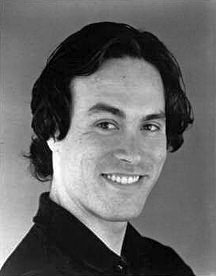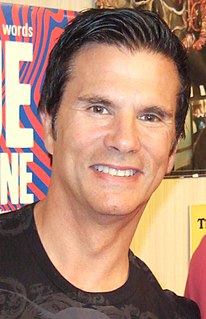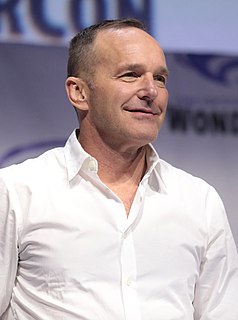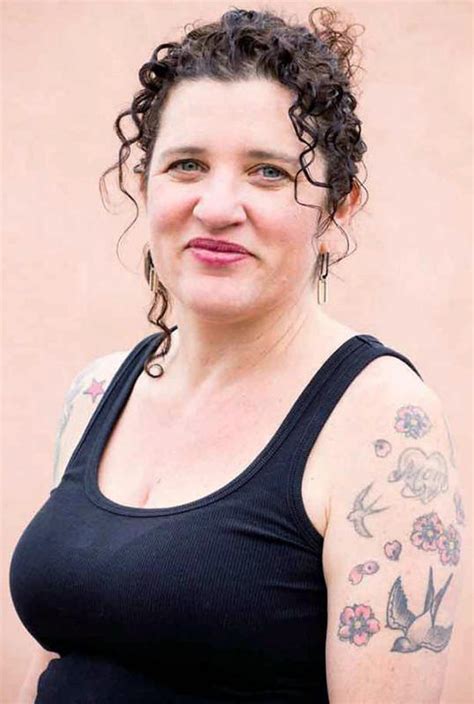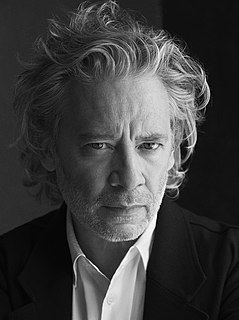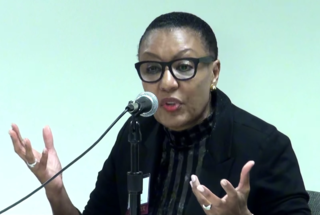A Quote by Barack Obama
My life story is something obviously that belongs to me very personally. And the fact of the matter is that I had choices and chances and opportunities that were provided to me, based on the way I was able to direct my own decision-making. And what I'm working to fight for is to make sure that all women have the ability to do that.
Related Quotes
I was a working class Jewish girl. In my girlhood, anti-Semitism was a daily fact of life in Detroit. I did not come from people who had many options in their lives or many choices open to them. I was a girl in a family in which women were, as in society at large, very much second-class citizens. I did not see why I should accept these forced limitations without a fight. Being free to make my own choices thus became very important to me at an early age.
All I can tell you is that you cannot make choices in your own career, either career choices or choices when you're actually working as an actor, based on trying to downplay or live up to a comparison with somebody else. You just can't do that. You have to do your own work based on your own gut, your own instincts, and your own life.
We support the constitutional right of American women to consult their own conscience, their own supportive partner, their own minister, but then make their own decision about pregnancy. That's something we trust American women to do that. And we don't think that women should be punished, as Donald Trump said they should, for making the decision to have an abortion.
The fact of having this very new context, this unheard-of way of working, for me was very pleasant. I didn't feel that I was working, that I had any kind of burden to wear, to carry. I really was very happy and very lighthearted during the whole process of making the film [Certified Copy], of shooting it.
One very difficult decision was deciding to vote against the appropriations bill for the war. I had consistently said that I wanted to make sure our troops got the adequate and training in the war effort, despite the fact that I opposed the war at the point that the president decided to double down and send more troops. I had to vote against funding as a way of bringing it back to the table. That was a difficult decision for me.
I don't feel that way now. I don't want to make movies for the 10 people who feel exactly the same way about the world that I do. I want to make movies that many, many people see, and I want to say something that I believe is important in a way that people who don't agree with me can hear. And that involves making different kinds of choices, but it's not like a compromise that I'm making. It's that something else interests me, something else is appealing to me.
We are very hip on the fact that America's always No. 1. On this we are not, in terms of the number of women in our legislative branches and obviously as head of state. We need to push on that. I hate to say this: It isn't all men's fault. I think some of it is our own attitude and approach. Some of it very healthy, that women want to make choices about their lives and how they want to spend their time, and what they value.
When I got onto set with him we were given a folder of storyboards. I thought that was pretty incredible because I hadn't worked with anybody who used storyboards before so he obviously had a very precise way as to how he visualized the film from the very beginning. It was every scene, but to his credit he was incredibly collaborative and gave us many opportunities to have our own input and to change things with him, so it was a really great way of working.
I had very supportive parents that made the way for me, even at a time when there were very few women - no women, really; maybe two or three women - and very few, fewer than that, African-American women heading in this direction, so there were very few people to look up to. You just had to have faith.
Not to knock the people who've given me the opportunity; I appreciate all the opportunities I've gotten, but one of the things I think I really learned from the features I got to direct is that your job as a director is everything about the movie. It's to pick a story that's really worth making, and make sure that the basic components are there. You're not just a part of the team. You're really in charge, and the responsibility falls on you if all the components aren't there for a worthwhile film.


